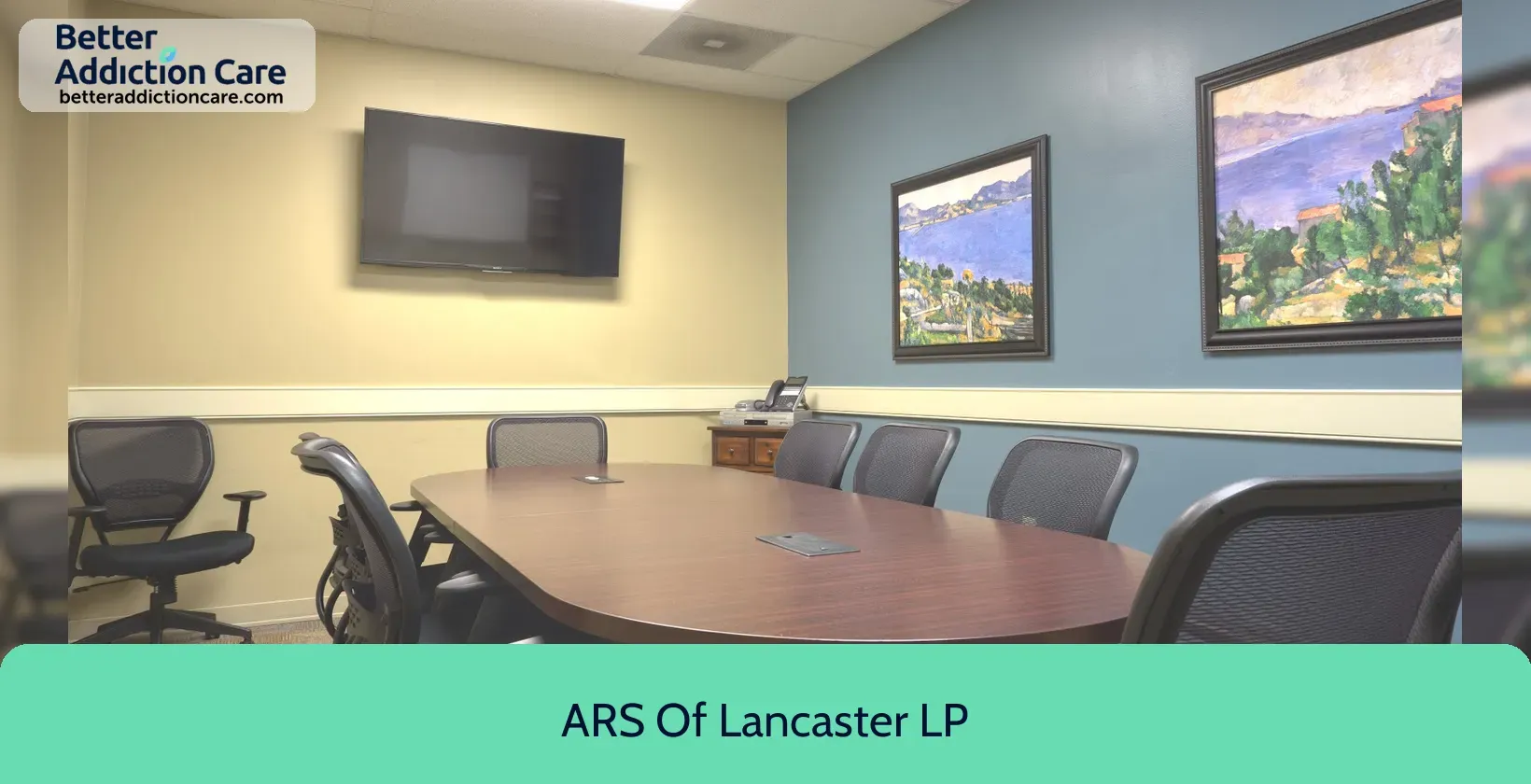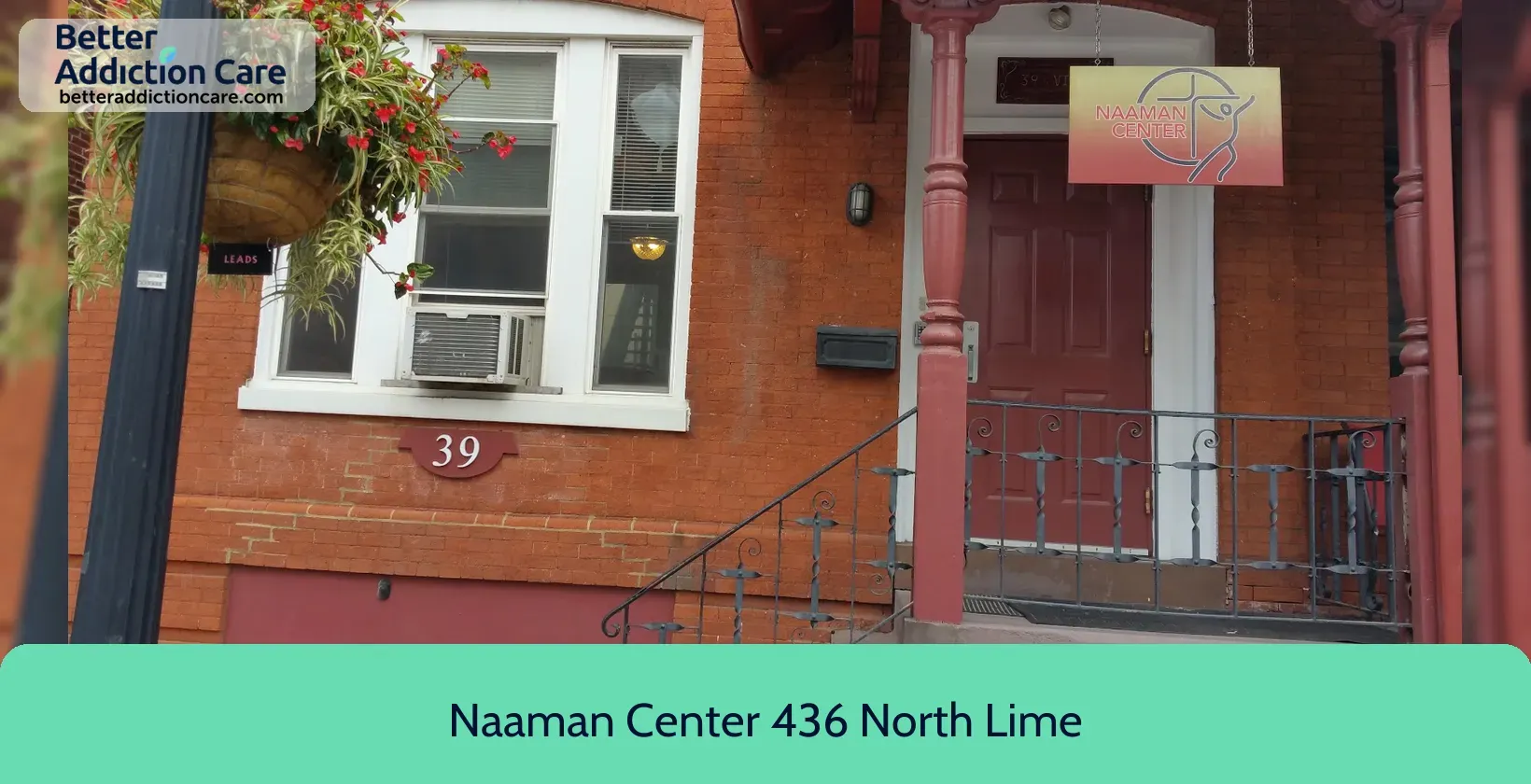Gate House Behavioral Health Services

Overview
For those with substance addiction problems, Lancaster, Pennsylvania's Gate House Behavioral Health Services provides comprehensive outpatient and intense outpatient therapy services. The facility is committed to provide easily accessible, individualized care in a welcoming setting.
Gate House Behavioral Health Services is an outpatient treatment center that prioritizes customized counseling and evidence-based therapy techniques to fit the specific requirements of each client. Their intensive outpatient program (IOP) provides organized assistance while enabling clients to continue with their everyday obligations. It is intended for those who need a higher degree of care but do not need residential treatment.
Because of the facility's handy Lancaster location, patients may easily get high-quality treatment with an emphasis on promoting long-term healing and general well-being. Gate House Behavioral Health Services is dedicated to providing expert advice and ongoing assistance to help people overcome drug misuse issues at every stage of the recovery process.
Gate House Behavioral Health Services at a Glance
Payment Options
- Cash or self-payment
- Medicaid
- State-financed health insurance plan other than Medicaid
- Private health insurance
- Federal, or any government funding for substance use treatment programs
Assessments
- Screening for tobacco use
- Comprehensive substance use assessment
- Interim services for clients
- Screening for mental disorders
- Screening for substance use
Age Groups
- Seniors or older adults
- Young adults
- Adults
Ancillary Services
- Case management service
- Domestic violence services, including family or partner
- Early intervention for HIV
- Mental health services
- Social skills development
Highlights About Gate House Behavioral Health Services
7.00/10
With an overall rating of 7.00/10, this facility has following balanced range of services. Alcohol Rehabilitation: 8.00/10, Drug Rehab and Detox: 6.31/10, Insurance and Payments: 6.00/10, Treatment Options: 7.70/10.-
Alcohol Rehabilitation 8.00
-
Treatment Options 7.70
-
Drug Rehab and Detox 6.31
-
Insurance and Payments 6.00
Accreditations
State department of health:

Government agencies issue State Licenses, which grant rehabilitation organizations permission to conduct their operations lawfully within specific geographic regions. Licenses needed to operate are typically determined by the type of rehabilitation program offered by the facility and its physical location.
Commission on Accreditation of Rehabilitation Facilities (CARF):

CARF accreditation is a prestigious recognition for rehabilitation and human service organizations. It signifies that an organization meets high-quality standards and is committed to providing top-level care. CARF conducts rigorous evaluations to ensure compliance, enhancing an organization's credibility and reassuring clients and funders of exceptional service quality. This accreditation promotes excellence and continual improvement in the rehabilitation and human services field.
Treatment At Gate House Behavioral Health Services
Treatment Conditions
- Alcoholism
- Mental health treatment
- Substance use treatment
- Co-occurring Disorders
Care Levels
- Outpatient
- Outpatient day treatment or partial hospitalization
- Intensive outpatient treatment
- Regular outpatient treatment
- Aftercare
Treatment Modalities
- Cognitive behavioral therapy
- Telemedicine/telehealth therapy
- Substance use disorder counseling
- Trauma-related counseling
- Smoking/vaping/tobacco cessation counseling
Ancillary Services
Additional Services
- Pharmacotherapies administered during treatment
- Housing services
- Drug or alcohol urine screening
Special Programs
- Clients with co-occurring mental and substance use disorders
- Veterans
- Active duty military
- Members of military families
- Criminal justice (other than DUI/DWI)/Forensic clients
Get Help Now
Common Questions About Gate House Behavioral Health Services
Contact Information
Other Facilities in Lancaster

6.92

6.68

6.62

7.61

6.74

6.68

7.41

7.37
DISCLAIMER: The facility name, logo and brand are the property and registered trademarks of Naaman Center 436 North Lime Street, and are being used for identification and informational purposes only. Use of these names, logos and brands shall not imply endorsement. BetterAddictionCare.com is not affiliated with or sponsored by Naaman Center 436 North Lime Street.
